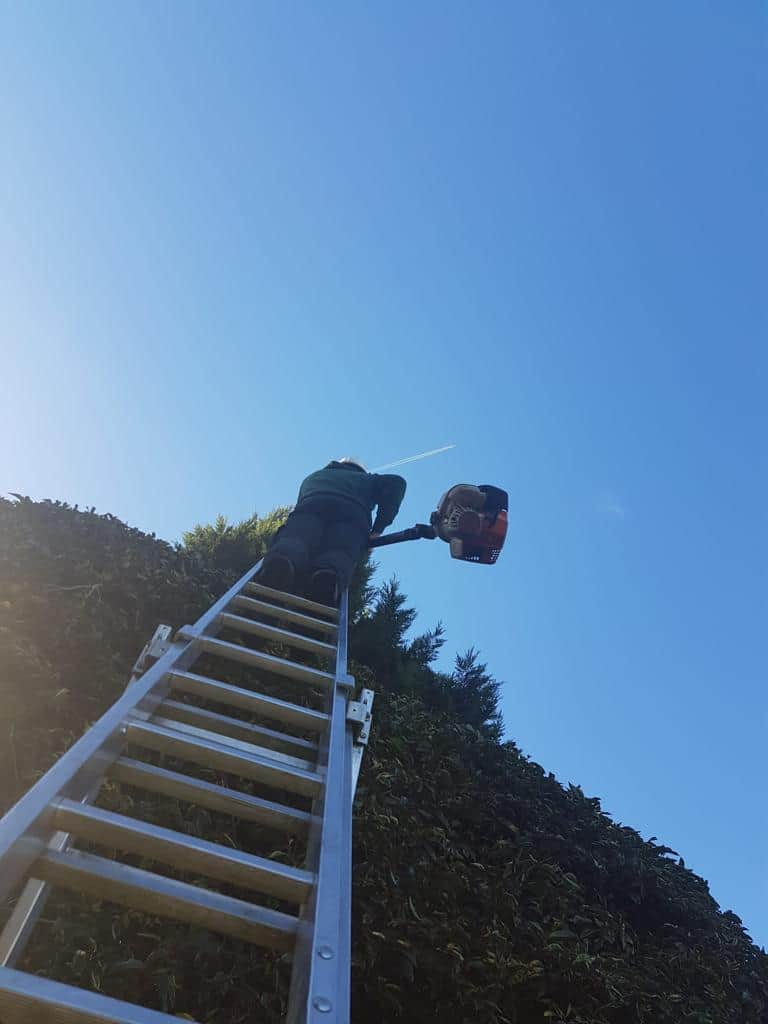Trees add beauty and value to any property, providing shade, improving air quality, and enhancing outdoor spaces. However, when trees become weak, diseased, or structurally unstable, they can pose a serious threat to homes and buildings. Falling trees or large branches can cause significant damage to property, vehicles, and even endanger lives. Recognising the warning signs early can help prevent disaster and ensure the safety of your home.
Understanding the Risks of Falling Trees
A tree may look strong and healthy from the outside, but internal decay, root instability, or structural weaknesses can make it a hazard. Weather conditions such as storms, high winds, and heavy rain can accelerate the risk of failure, especially for already compromised trees.
Key Warning Signs That a Tree May Fall
1. Leaning or Unstable Growth
While some trees naturally lean slightly, a noticeable or sudden lean is a major warning sign of instability. Causes may include:
- Soil erosion weakening the root system
- Structural damage from previous storms
- Poor growth patterns leading to imbalance
If a tree has started leaning more than usual or if the ground around its base appears disturbed, professional assessment is recommended.
2. Cracks and Splits in the Trunk
Deep cracks or splits in a tree’s trunk can indicate internal decay or severe stress. These weaknesses compromise the structural integrity of the tree, increasing the likelihood of breakage or complete failure.
3. Dead or Dying Branches
Large amounts of deadwood, particularly in the upper canopy, suggest a tree is in distress. Dead or dying branches become brittle and are more prone to falling, posing a risk to property and people below. Signs include:
- Branches lacking leaves during the growing season
- Bark peeling away or falling off
- Fungal growths or rot on the wood
4. Root Problems and Soil Disturbance
Healthy roots anchor a tree firmly into the ground, but if they become damaged, the tree’s stability is compromised. Signs of root issues include:
- Fungal growth (such as mushrooms) at the base of the tree
- Exposed or damaged roots due to soil erosion or excavation
- Sudden tilting of the tree, indicating weakened support
5. Fungal Growth and Decay
Fungal infections can be a sign of internal decay, weakening the tree from the inside out. Common indicators include:
- Large fungi or mushroom-like growths on the trunk or at the base
- Soft, spongy wood that crumbles easily
- Cavities or hollow sections in the trunk
6. Nearby Trees Falling or Showing Damage
If trees in your area have recently fallen due to storms or soil conditions, it’s a sign that your trees may also be at risk. Regular inspections can help identify potential hazards before they become serious threats.
How to Prevent Tree-Related Damage
Regular Tree Inspections
Routine inspections by a qualified tree surgeon help identify and address potential risks before they lead to costly damage. Trees should be assessed at least once a year, particularly after storms or extreme weather.
Pruning and Maintenance
Strategic pruning removes weak, overgrown, or dead branches, reducing the risk of falling limbs. Proper tree care improves structural integrity, encourages healthy growth, and enhances overall stability.
Tree Removal When Necessary
If a tree is beyond saving due to disease, instability, or extensive damage, removal may be the safest option. A professional tree surgeon can assess the risks and safely remove the tree before it becomes a hazard.
Conclusion
Ignoring the warning signs of a potentially dangerous tree can have serious consequences, from costly property damage to personal injury. Identifying risks early and taking proactive steps ensures the safety of your home and surroundings.
For expert tree assessments and professional tree care in Colesbourne, Gloucestershire, working with a skilled tree surgeon is the best way to protect your property and maintain the health of your trees.
Call us on: 01242 569 996
Click here to find out more about EM Tree Surgery Colesbourne
Click here to complete our contact form and see how we can help with your tree needs.

